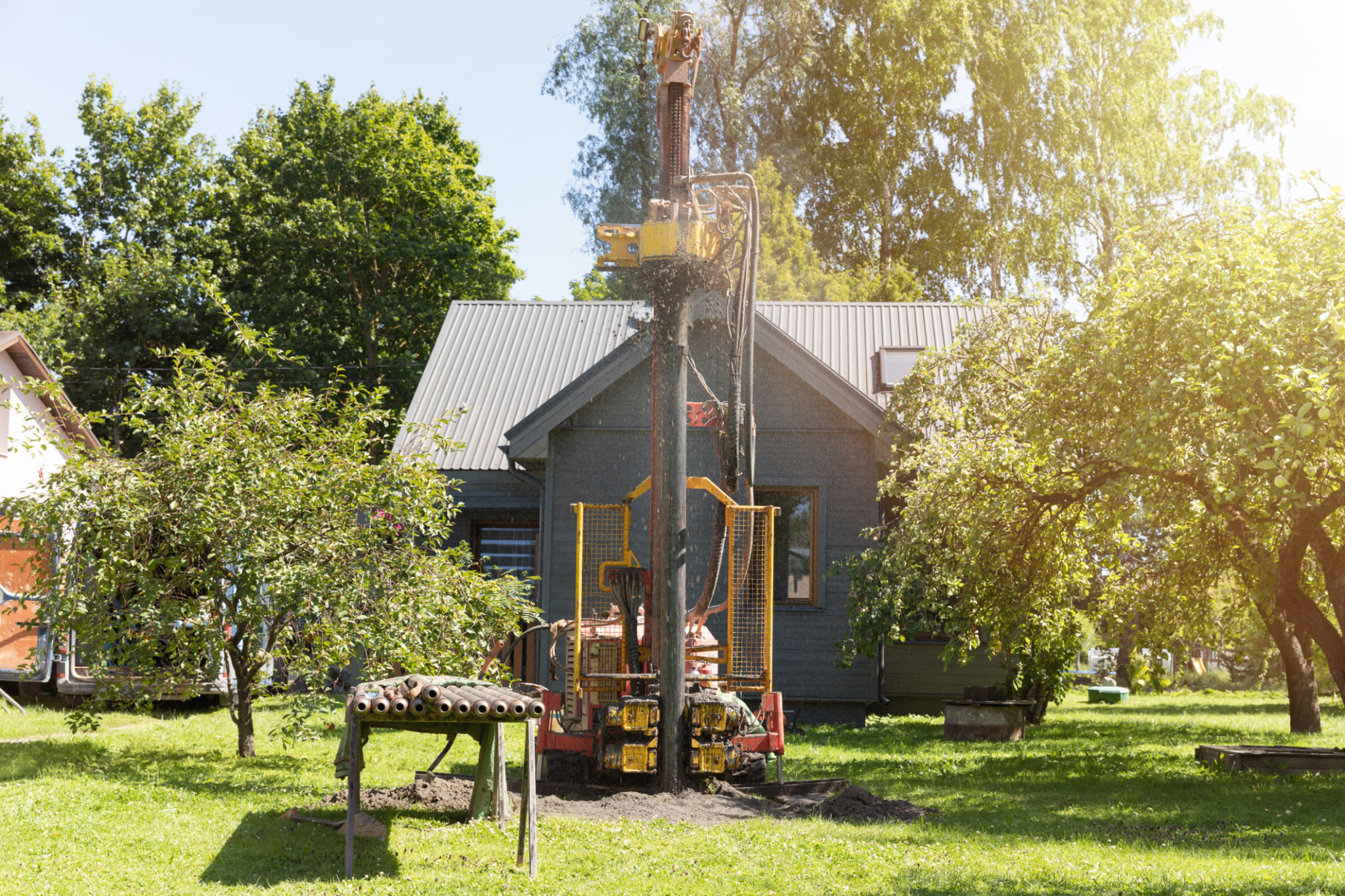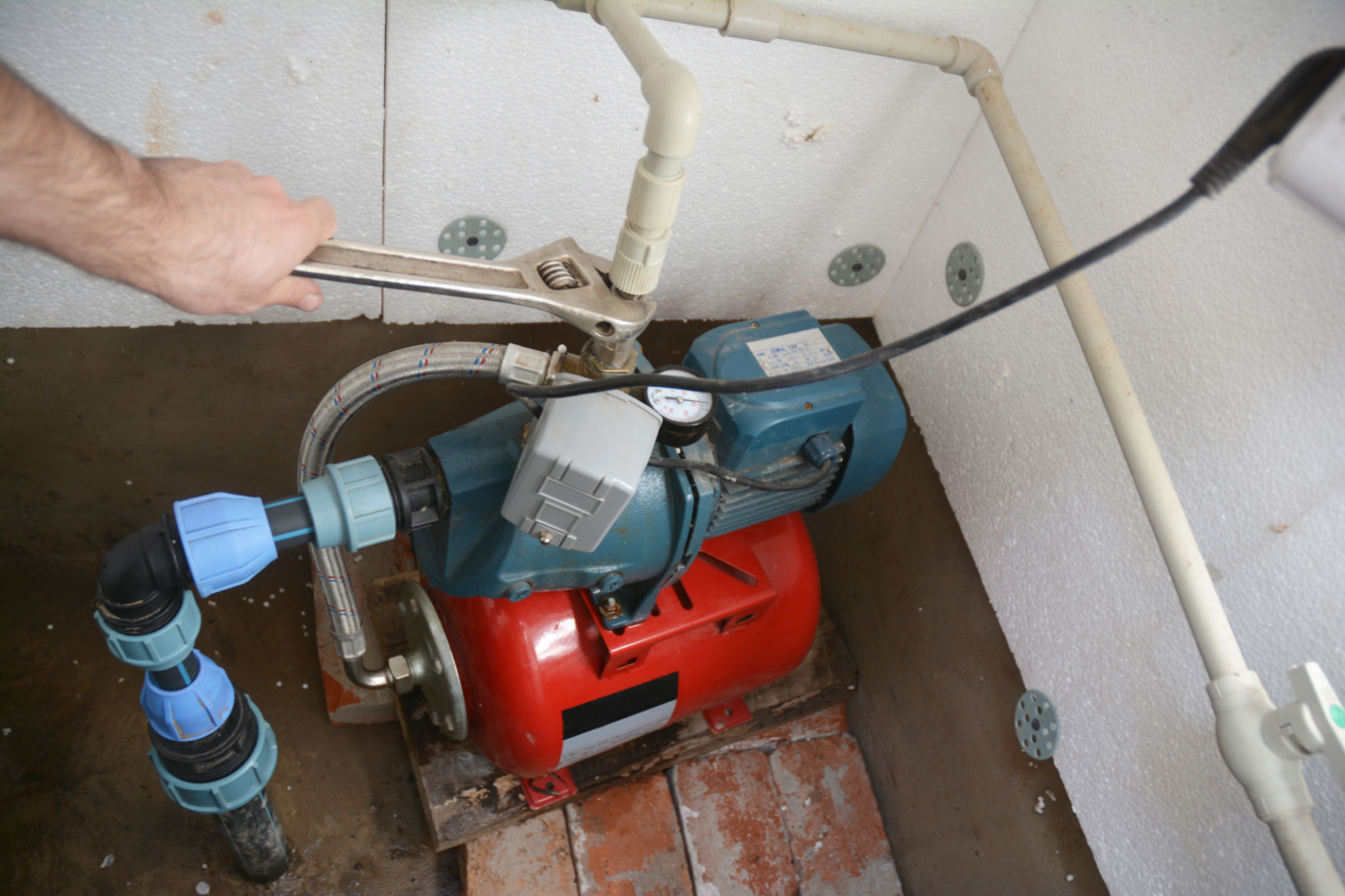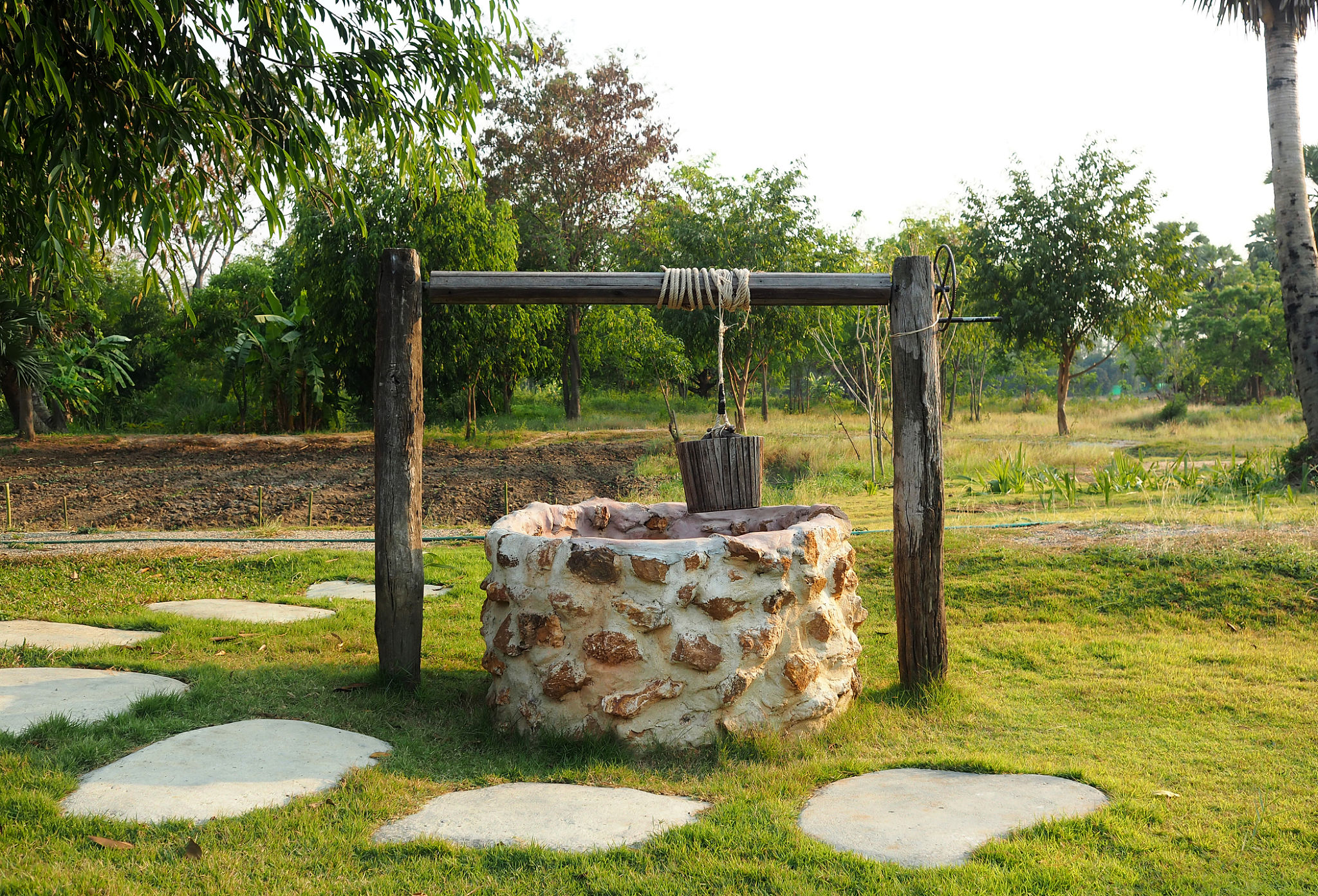The Ultimate Guide to Water Well Drilling in Zimbabwe
Understanding the Importance of Water Well Drilling
Water well drilling in Zimbabwe is not just a means of accessing water; it's a lifeline for many communities. With the country's varying climate and frequent droughts, having a reliable source of water is crucial for households, agriculture, and livestock. Access to clean water can significantly improve quality of life, health, and economic stability in rural and urban areas alike.

Types of Wells in Zimbabwe
There are several types of wells that can be drilled in Zimbabwe, each suitable for different needs and geographies. These include:
- Dug Wells: Shallow wells that are manually excavated. They are common but often susceptible to contamination.
- Drilled Wells: These are deeper and require specialized equipment to reach underground aquifers. They provide a more reliable and cleaner water source.
- Boreholes: A type of drilled well, boreholes are narrower but more efficient in accessing deep water sources.
Site Selection for Drilling
Selecting the right site for drilling is a critical step in ensuring a successful water well. Factors to consider include the geological structure, proximity to pollution sources, and accessibility for drilling equipment. It's recommended to work with a professional hydrologist who can conduct surveys and tests to identify the most suitable location.

The Drilling Process Explained
The process of drilling a well involves several stages, each requiring careful planning and execution:
- Planning and Permits: Before drilling, it's essential to obtain the necessary permits from local authorities.
- Drilling: Using rotary or percussion drilling methods, a well is drilled to reach the water table.
- Casing and Installation: A casing is inserted to prevent the walls from collapsing and to protect the water from contamination.
- Pumping System: Installation of a pump to draw water from the well.
Maintenance and Sustainability
Once a well is operational, regular maintenance is vital to ensure its longevity and efficiency. This includes regular inspections, cleaning, and testing for contaminants. Sustainable practices such as responsible water usage and recharge techniques help maintain the aquifer levels and ensure a continuous supply.

Challenges in Water Well Drilling
Drilling in Zimbabwe presents unique challenges, such as fluctuating groundwater levels, hard rock formations, and remote locations. Additionally, securing financing for drilling projects can be difficult for some communities. However, with advancements in technology and growing awareness, many of these challenges can be overcome.
The Impact on Communities
The impact of successful water well drilling on Zimbabwean communities is profound. It provides access to clean drinking water, reduces the burden on women and children who often collect water from distant sources, and supports agricultural activities. This ultimately leads to improved health outcomes and economic opportunities.

The Future of Water Well Drilling
Looking ahead, innovations in drilling technology and increased investment in infrastructure are set to enhance water accessibility across Zimbabwe. Community education on water management and conservation will play a crucial role in sustaining these resources for future generations.